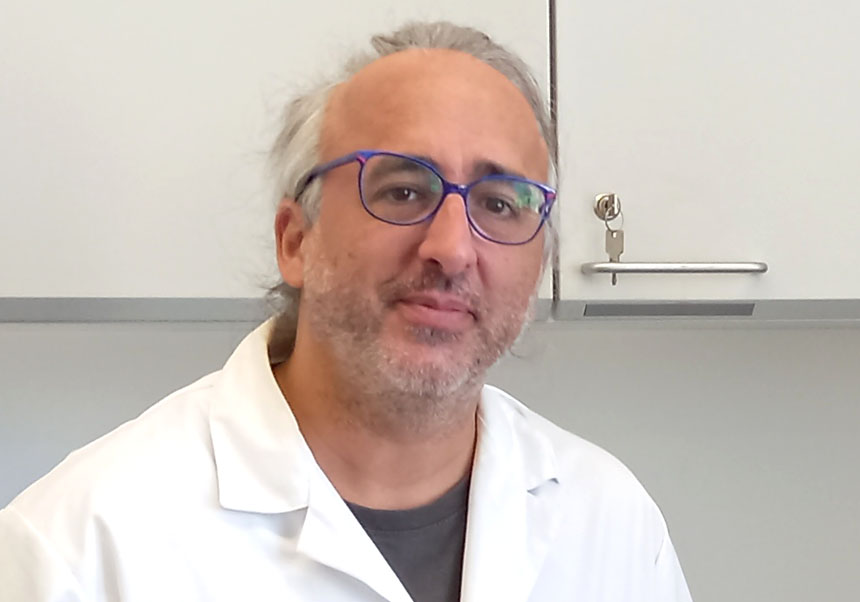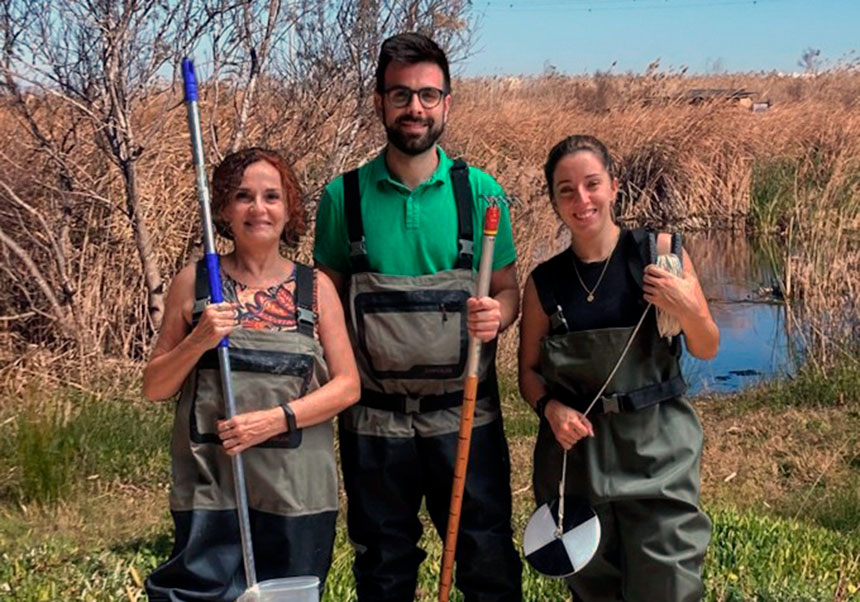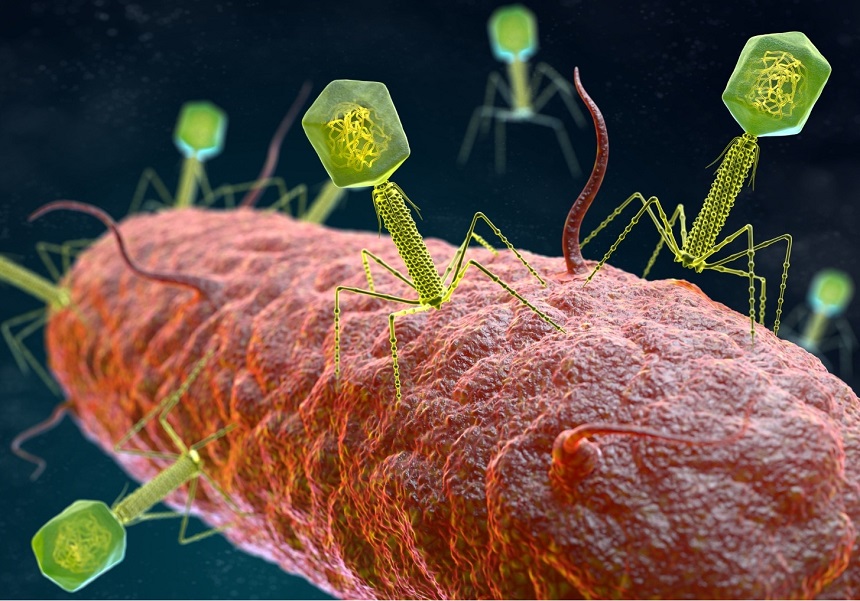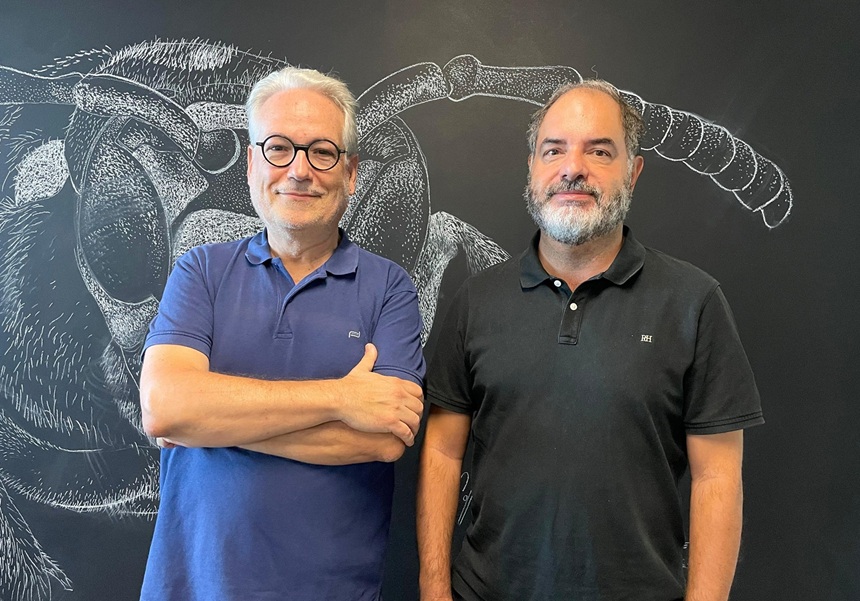Domingo Carlos Salazar, European Microbiology Societies award for the best scientific article in 2022
- Scientific Culture and Innovation Unit
- March 3rd, 2023

Domingo Carlos Salazar, biomolecular archaeologist and researcher at the Department of Prehistory, Archaeology and Ancient History of the University of Valencia, has been one of the winners of the award for the best scientific article of 2022 by the FEMS (European Federation of Microbiology Societies). The work, in which Salazar is second author, analyses the microbiomes present in the oral cavities of past human populations to obtain information on health, diseases and diet.
To carry out this study, Salazar, together with eight other researchers from the Max Planck Institute or from the universities of Murcia, Leiden or Harvard, has analysed the mineralised microorganisms in the dental calculus of various individuals from the Camino del Molino archaeological site. (Murcia). In some cases, it has also been possible to study pathogens, since they are encapsulated in dental plaque.
According to the biomolecular archaeologist, the idea for this study was born almost a decade ago, when studies of dental calculus were just beginning. For this reason, together with Christina Warinner (Associate Professor in the Department of Anthropology at Harvard University), he initiated a series of projects to develop the analytical and application potential of this emerging form of research.
“One of them was the ‘mapping’ of the composition of dental calculus throughout the dental arch of the same individuals to find out if there were significant differences”, explains Domingo Carlos Salazar. As indicated in the awarded article, “Understanding the microbial biogeography of ancient human dentitions to guide study design and interpretation”, some dental pieces disappear as a result of the passage of time, so “figuring it out was a necessary milestone to optimise the samples and to know if the interpretations were going to depend on the area of the mouth where the calculations were removed for their analysis”, adds Salazar.
However, the research and professional career of the archaeologist has been awarded at other times. Specifically, the Cañada Blanch Foundation Award for academic performance in 2007, the BBVA Foundation Award for Young and Innovative Researchers in 2014 and the Extraordinary Doctorate Award. “The awards for scientific publications are important because they are a way of recognising the research work carried out in the different fields of knowledge, something that society does not usually appreciate”, says Domingo Carlos Salazar.
Currently, Salazar is Main Researcher of various projects. Among them are investigations on the consumption of dairy products, from the Ministry of Science and Innovation in the east of the Iberian Peninsula and another from the Valencian Government on Mediterranean Iberian prehistory. In addition, he is part of other national and international projects. In the past he has worked at organisations such as the Max-Planck Institute for Evolutionary Anthropology, the University of Cape Town, and the University of the Basque Country.
Article: Zandra Fagernäs, Domingo C Salazar-García, María Haber Uriarte, Azucena Avilés Fernández, Amanda G Henry, Joaquín Lomba Maurandi, Andrew T Ozga, Irina M Velsko, Christina Warinner, «Understanding the microbial biogeography of ancient human dentitions to guide study design and interpretation», FEMS Microbes, Volume 3, 2022, xtac006, https://doi.org/10.1093/femsmc/xtac006
More information on the award here.
Categories: Investigació a la UV , Internacionalització recerca , Facultat de Geografia i Història , Cultura Científica , Difusió i comunicació científica , Producció científica , Recerca, innovació i transferència
















